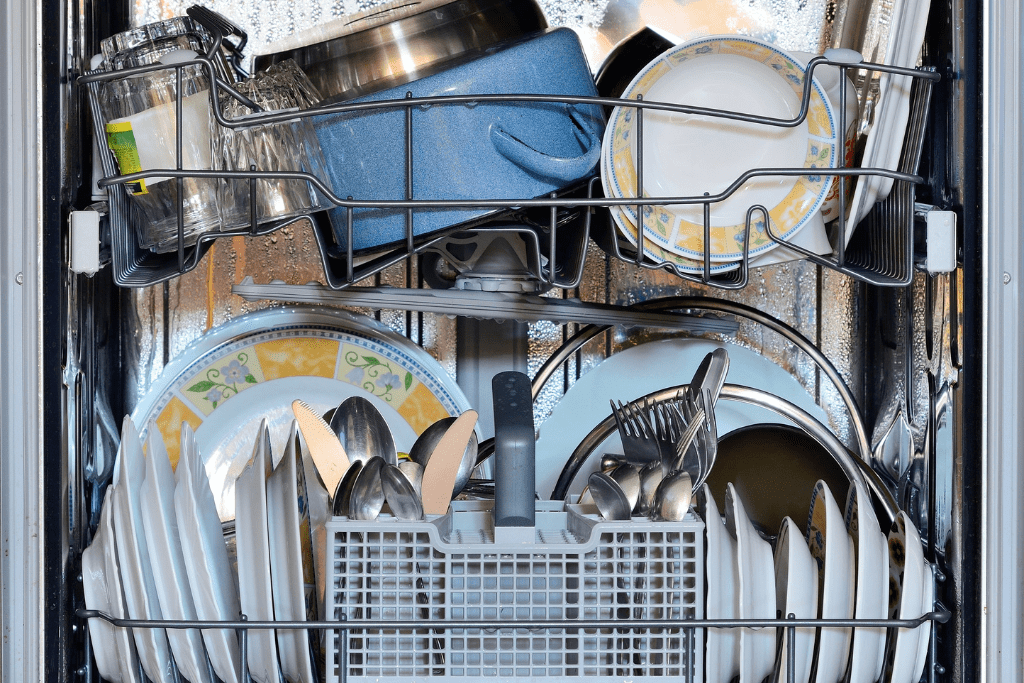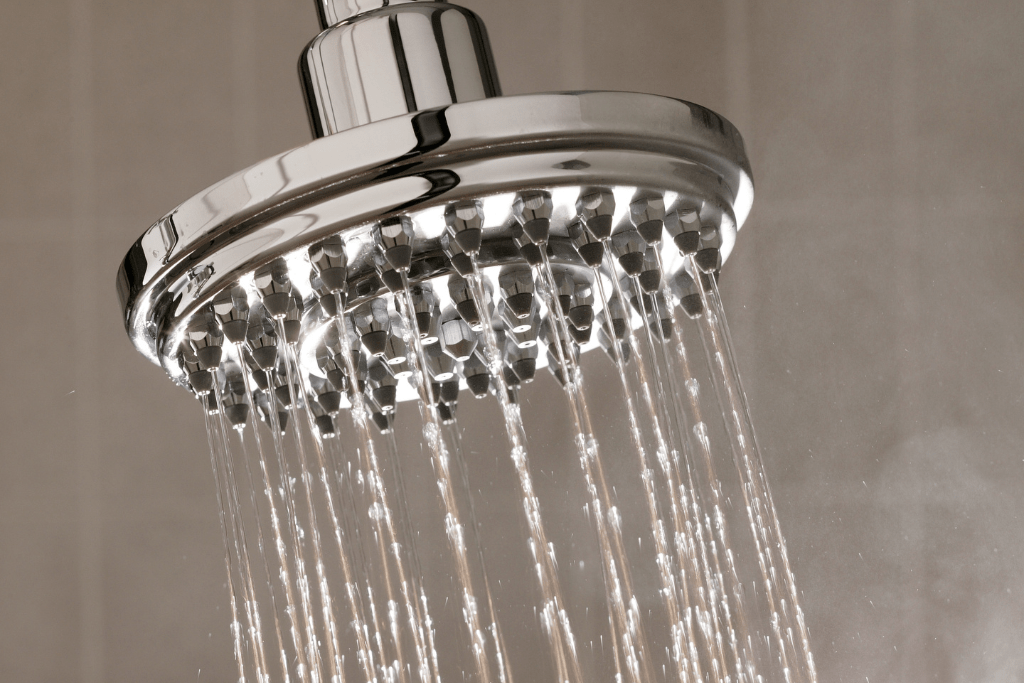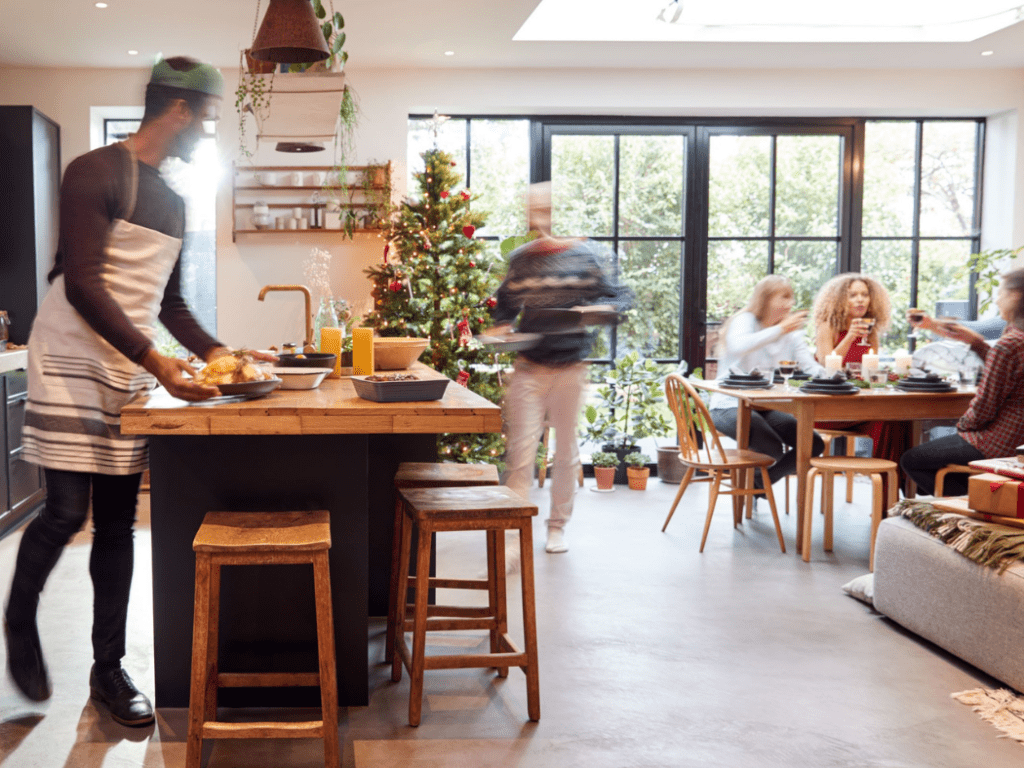‘Tis the season of holiday gatherings, family, fun, and giving. But unexpected plumbing issues can throw an unwanted wrench into your holiday plans. Here are the most common plumbing problems homeowners face during the holidays and how to avoid them.
The holiday season is right around the corner. You may be eagerly awaiting the great family reunion, the friend’s get-together, and the food and festivities. Hence, you want to ensure that your home is fully prepared. While most homeowners would likely focus more on preparing their kitchen and guest rooms, checking your home’s plumbing system is also essential.
According to plumbing experts at Westminster, CO Plumbing Services, homeowners face more plumbing issues during the holidays than at any other time of the year. Having more people over and the cold weather this time of year could strain your plumbing system. In this article, you’ll learn the most common holiday plumbing issues and some tips on preventing them.
The garbage disposal is one of the most utilized plumbing components during the holiday season. Whether you’re whipping up a batch of Christmas cookies or preparing the family feast, with so many cooks using the kitchen and numerous tasty holiday dishes, the garbage disposal is prone to clogging or breaking down during the holiday season. However, issues with your garbage disposal can be easily prevented in several ways.
To prevent clogging, it’s essential to use the garbage disposal correctly. Despite its crushing and grinding power, garbage disposals can only handle a sufficient number of leftovers at once. Cut large items into smaller ones before grinding them in your garbage disposal.
Garbage Disposal
In addition, don’t overload the unit by throwing food in too fast. Run water when using the disposal to flush out excess food waste. It’ll help if you run it for a few seconds even if you no longer hear it breaking up the food items to clear small food particles.
Furthermore, you can’t just throw anything in the garbage disposal. It’s best to ensure you’re only grinding the right items. You shouldn’t put any kind of food waste down your garbage disposal. Here are some things that shouldn’t go in your garbage disposal:
- Coffee Grounds: When coffee grounds enter your drain, it creates a thick, dense paste. If too much goes down your garbage disposal, they can clog or slow down the grinding and draining process.
- Eggshells: There’s a popular myth that eggshells can help sharpen the blades of your garbage disposal, but this is far from the truth. While the shells don’t harm the blades, the egg’s membrane, or the thin coating inside an eggshell, can smear the blades and get lodged into the impeller. This can create a sticky blockage in your plumbing system.
- Dry Expandable Foods: Foods like oats, pasta, and rice can expand in water and eventually clog your sink’s plumbing. Like coffee grounds, they can also accumulate into a thick paste that can trap other food debris and cause clogging.
- Hard Foods: Large bones, pits, nuts, and other hard food scraps can be too harsh for your garbage disposal blades to grind. The disposal blades may become jammed or severely damaged due to this.
- Oil And Grease: You may think grease and oil are safe to throw in your garbage disposal. However, they can cause severe blockages over time as they solidify. Without proper flushing, the oil and grease are pushed further down your plumbing pipe, sitting at the bottom of your disposal unit and creating clog and drainage issues.
Meanwhile, regardless of how often you use your garbage disposal, always clean and disinfect it to prevent clogging and unwanted smell. In general, you can clean a garbage disposal using soap, baking soda, and vinegar. You can also use vinegar or rock salt to clean its insides. The ice can help in scraping the grime and dislodging any debris buildup.
If your garbage disposal seems sluggish, it’s best to call expert plumbing services to inspect it before the holidays. They can help identify and resolve issues with your garbage disposal. This way, you don’t have to be stuck with a clogged or broken disposal amidst a busy cooking spree during the holidays.
Clogged Dishwashers

Like garbage disposals, your dishwashers will work double time during the holiday season. You’ll have loads of dirty dishes coming in hot, so you’re more likely to experience clogging in your dishwasher.
However, dishwasher clogging can be easily prevented by taking the extra step of removing all the leftover food off your plate. Avoid loading plates and other dinnerware with large chunks of food leftovers to avoid clogging. With most modern dishwashers, which sense dirt levels and extend the cleaning cycle as needed, this is also a great way to save water.
Dishwashers are good at taking care of germs, grease, and food residues. However, bigger pieces of food could end up in your dishwasher’s filter. Consequently, this can clog the machine and prevent it from doing its job.
Speaking of filters, it’s also important to regularly check and empty the dishwasher filter, which can be found on the back of the unit. It collects food debris and leftover, preventing them from entering your plumbing drains.
Ideally, water should move through the filter, allowing the machine to clean your plates without significant waste buildup. However, ignoring the filter can cause clogging and prevent the machine from efficiently washing the dishes.
So, before the holidays, it would be wise to consider cleaning out any mineral buildup in your dishwasher. Hard water contains sediments and minerals that can accumulate and reduce the efficiency of your dishwasher. Meanwhile, you can eliminate mineral buildup by using white vinegar.
Clogged Toilet
A clogged toilet is another common holiday plumbing issue. With several guests having various bathroom needs, your toilet can experience frequent clogging. It doesn’t matter how beautiful your bathroom decor is, a clogged toilet can be embarrassing, but it’s one of the most preventable plumbing issues.
Throwing anything down the toilet can cause it to clog. Remember, your toilet isn’t a trash can. So, encourage your guests to stop flushing paper towels, cotton balls, tampons, baby wipes, and other items. If your guests constantly use these items, putting a wastebasket in the bathroom is essential so they have somewhere to put their trash.
On the other hand, make sure to have a force cup on hand to resolve clogs. In addition, always clean your toilet regularly to keep it more hygienic and prevent gradual grime buildup in your plumbing.
Ensure to avoid harsh chemical cleaners when cleaning or unclogging your toilet. Harsh chemicals can affect metal pipes and cause severe damage to your plumbing system, especially older ones. Instead of harsh chemicals, you can use milder cleaning ingredients, such as baking soda and vinegar.
No Hot Water

Issues with your water heater are a common occurrence during the holiday season. With the cold weather, people at your house will use hot water more frequently. Hence, your water heater may be unable to keep up with its current setting.
To ensure your water heater won’t be overwhelmed during the holidays, it’s best to leave it running to increase its capacity. Nevertheless, check the current temperature setting and make the necessary adjustment. Also, be careful not to set it above 125 degrees, as this can be very dangerous and could cause burns.
Meanwhile, you can encourage your guests to have adequate time between showers to give the water heater time to recover, especially if the unit has limited heating capacity. Depending on where you live, you may also need to insulate the pipes during the holiday season.
As the temperature drops, it would be best if your pipes are insulated to ensure you get the hot water you need. Also, consider insulating your water heater to prevent hot water from cooling down too quickly. If your water heater is already inefficient or past its lifespan, consider replacing it with a newer, more energy-efficient unit before the holidays.
Water Leaks And Burst Pipes
As you focus more on your kitchen and bathroom plumbing this holiday season, you shouldn’t forget about the pipes running behind the walls, especially those outside. The cold season during the holidays is notoriously hard on your plumbing system, where cycles of freezing and thawing may create unwanted stress on your pipes.
Frozen pipes can be damaging to your home. Water expanding in pipes can lead to severe damage to joints, causing water leaks. Worse, burst pipes can stop the holiday festivities and incur costly damages to your interior and personal belongings.
On the other hand, careful prevention can help keep your pipes safe from freezing temperatures. You can insulate all exposed pipes in unheated areas, including crawl space, attic, and basement. Also, consider keeping the water tap running for a few minutes or letting it drip slowly during frigid days. This should keep the pipes active and less likely to freeze.
Another helpful strategy to prevent burst pipes due to freezing temperatures is to open cabinet doors under your bathroom and kitchen sinks. This allows heat to circulate and warm up the pipes.
Summary and Key Takeaways
The holiday season is already one of the busiest times of the year. While you’re busy setting up the Christmas tree, handing the Christmas tapestries, and decking the halls with DIY holiday decor, the last thing you need is the added stress of having plumbing issues. Hence, it’s best to understand the common plumbing issues and take steps to prevent them. These tips can go a long way towards having a less hectic holiday and enjoying the most wonderful time of the year.

